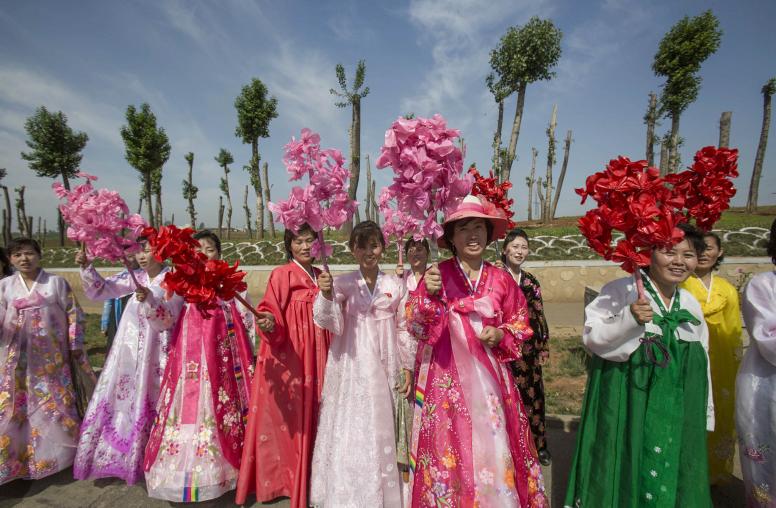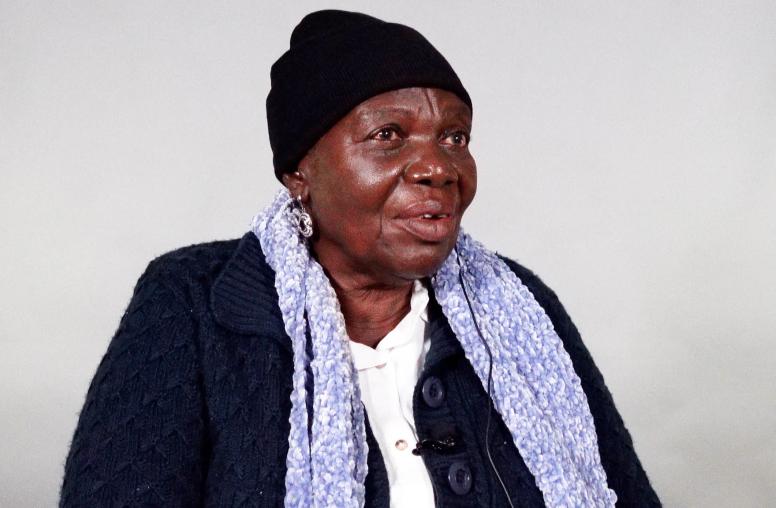Protecting Gender and Sexual Minorities During Armed Conflict
A Conversation with Victor Madrigal-Borloz, U.N. Independent Expert on Sexual Orientation and Gender Identity
A recent report to the U.N. General Assembly highlights the need for greater awareness of how sexual orientation and gender identity dynamics function in armed conflict, peacebuilding and peacekeeping. Amid heightened violence, the report lays out opportunities for greater collective action between women and gender-diverse peacebuilders — as well as possible strategies and mechanisms, such as expanding the Women, Peace and Security agenda.
On November 8, USIP hosted Victor Madrigal-Borloz, the U.N. independent expert on sexual orientation and gender identity, and other experts for a discussion of the gendered dimensions of armed conflict, their root causes and consequences, and how to increase protection of gender-diverse persons and groups from discrimination and violence.
Continue the conversation on Twitter with #InclusivePeaceUSIP.
Panelists
Joseph Sany, welcoming remarks
Vice President, Africa Center, U.S. Institute of Peace
@Josephsany1
Victor Madrigal-Borloz, keynote remarks
Independent Expert on Sexual Orientation and Gender Identity, United Nations Commission on Human Rights
@victor_madrigal
Andrew Cheatham
Senior Expert, U.S. Institute of Peace
@drepalermo
London Bell
Executive Committee Co-Chair, U.S. Civil Society Working Group on Women, Peace and Security
@BellGlobal1
Kathleen Kuehnast, moderator
Director, Gender Policy and Strategy, U.S. Institute of Peace
@kathkuehnast



